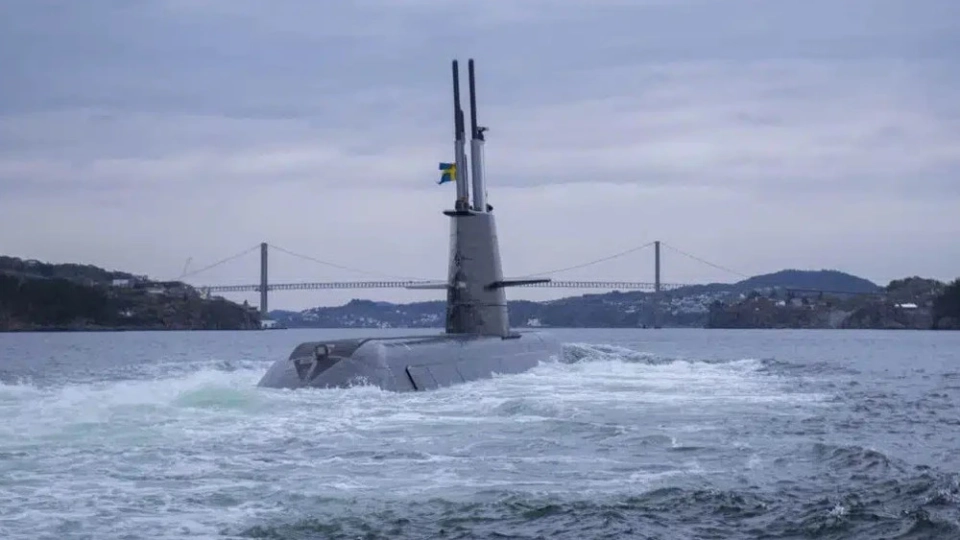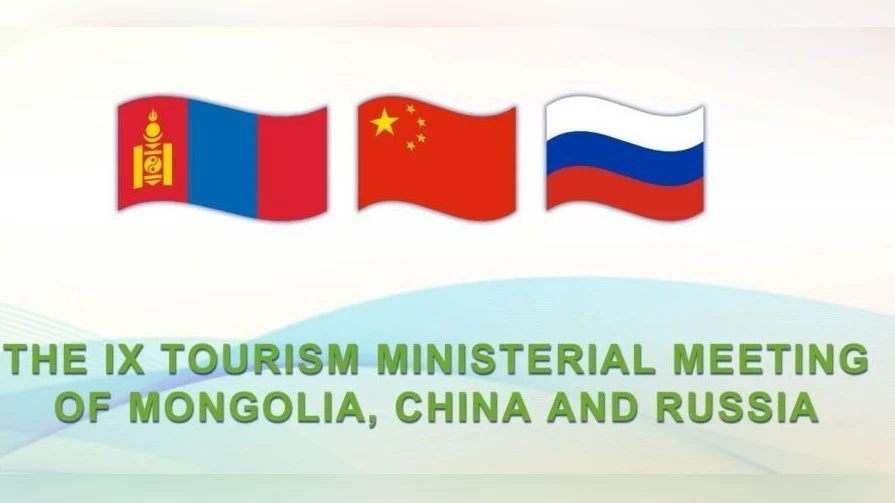
In recent years, the country has been actively investing in marine science, creating one of the largest civilian research fleets in the world under the auspices of the Ministry of Natural Resources. These vessels regularly conduct deep-sea expeditions, collecting data on the seabed topography, underwater currents, and the acoustic characteristics of the ocean. Although at first glance this appears to be purely scientific activity, the collected data can be used for submarine navigation and mineral resource exploration.
In early 2024, the research vessel Xiang Yang Hong 03 was conducting measurements in the waters of the Maldives and Sri Lanka, raising concerns among India and its maritime allies. Although the mission was officially declared scientific, experts emphasize that the collected data could have defensive significance. Similar expeditions are also being conducted in the Pacific Ocean, including near island nations.
At the same time, Beijing is developing cooperation with small island countries such as the Cook Islands and Tonga, offering partnerships in marine research, technology transfer, and training of specialists. For these countries, this interaction means the development of infrastructure and scientific capabilities; however, experts warn that such programs could lead to economic dependence and political loyalty.
China is also focused on the exploration and extraction of mineral resources from the seabed. The China Ocean Mineral Resources Research and Development Association (COMRA) has received licenses from the International Seabed Authority to explore areas rich in cobalt, nickel, and rare earth elements—key materials for high technology and future energy.
Analysts note that using oceanography as a tool of foreign policy reflects a new form of global competition. Control over data, technology, and infrastructure is becoming as important as control over territories. In this context, China is gradually forming a scientific and informational advantage that could evolve into economic and political influence.
For countries like India, Australia, Japan, and the United States, this creates a challenge: countering such a strategy is difficult without questioning the very idea of international scientific cooperation. Observers believe that developing joint programs with island nations and increasing the transparency of scientific data could be an effective response.
China's activity in the field of oceanography reflects a broader shift in global politics: in the 21st century, science and technology are increasingly becoming tools of influence. In this context, the struggle for "scientific presence" in the oceans could significantly affect the balance of power at sea and the architecture of regional relations in the future.
Source: https://www.irrawaddy.com/opinion/guest-column/chinas-new-power-tool-the-nefarious-uses-of-oceanography.html?fbclid=IwY2xjawN8oxlleHRuA2FlbQIxMQBzcnRjBmFwcF9pZAwzNTA2ODU1MzE3MjgAAR7frKWWJdujNv2iM2cLDhASxrvkNf-WJA5L71i0s9_u_56rjMnQbQX_LDlClg_aem_pEHNxjEjbcVr6Q0bj9h_rQ



















